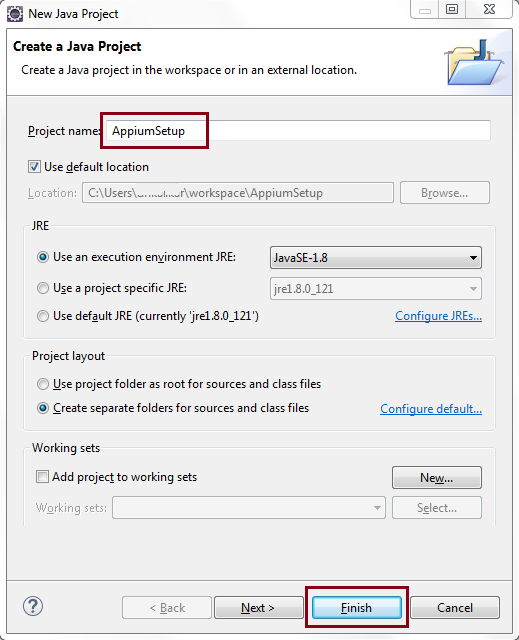


The configuration has our device capabilities and necessary information on where the Selenium Hub and the Appium server are located inside the network. Connect with Selenium Hubįirst step is to create a configuration file called node_config.json. NOTE: In case you want the Appium server to access APKs in your machine, use -apks-dir option. Refer to the Connect with Local Devices or Connect with Remote Devices section. Connect with Remote Devices $ athena appium start -with-avd=: We'll find the container IP and connect with it automatically. In case you want to connect with a device running inside a container on your local machine: $ athena appium start -with-avd= Connect with Local Devicesįor Appium server to recognize your devices automatically, you'll need -adb-port=5037 option to be passed when you start the server. In case you run your tests on your local machine, you can expose appium server by passing the option -port=4723. Inside the container /opt/apks will be the mount point for the directory you specified in -apks-dir. When you define the Appium desired capabilities, in your tests, the key apps should point to /opt/apks/. The must be where you store your APK files. Appium client libraries span across multiple languages such as PHP, Java, Ruby, JavaScript, C. If you have one or more APK files in your machine, and your tests need to access them, then start the server with -apks-dir=. 2) Appium Client Libraries: Appium clients request the server to start a test automation session using the createSession() command via the JSON Wire protocol, run tests on multiple mobile devices, and receive the rest results from the Appium Server. RUN npm install -g -chromedriver_version=".24" -unsafe-perm=true -allow-rootĮNV JAVA_HOME=/usr/lib/jvm/java-1.11.Appium is already installed and prepared for you to use.

# ChromeDriver version must be compatible with Chrome version installed in emulator # Next packages are needed for ChromeDriver to be working RUN apt-get update & apt-get -qqy install \ # Start container: 'docker-compose up -d' # Build image: 'docker-compose build -no-cache' When you build and run the docker container, it will be started again once you reboot your machine.ĭockerfile: # Appium server for mobile tests We use dockerized Appium, for tests of native Android app and also mobile Chrome.


 0 kommentar(er)
0 kommentar(er)
